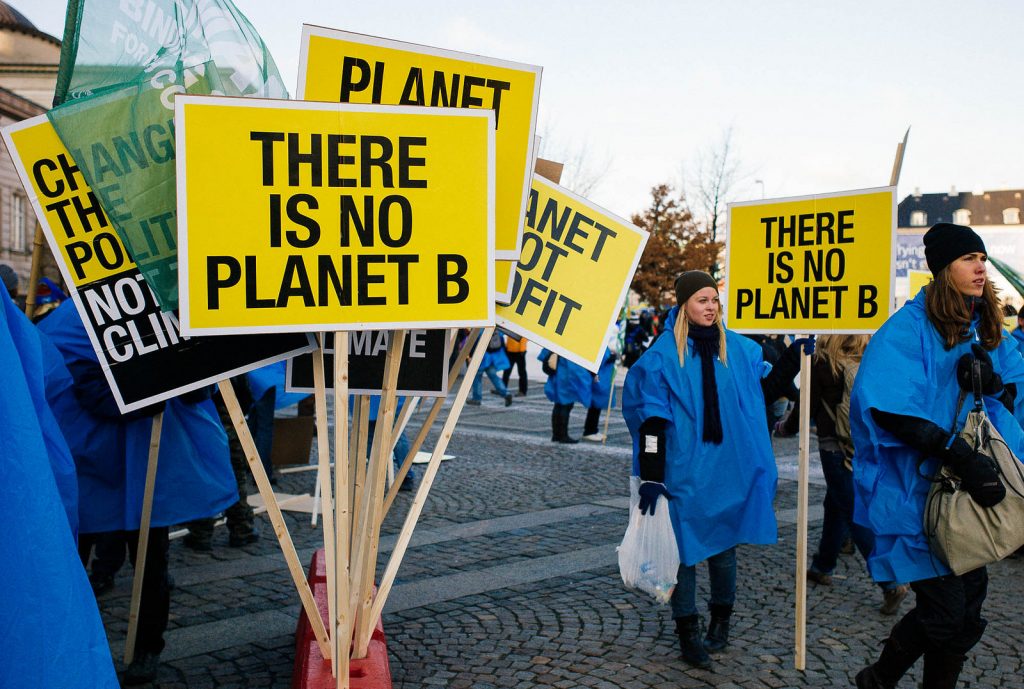

“Ether, air, fire, water, earth, planets, all creatures, directions, trees and plants, rivers and seas, they are all organs of God’s body. Remembering this a devotee respects all species.” — Srimad Bhagavatam (11.2.41)
The greenhouse effect has been known to science for more than a century.
That human activity is to blame for increasing carbon dioxide in our atmosphere (to levels not seen in the history of humanity), record-setting global temperatures, and dangerously rising acidity in our oceans has been documented for a lesser amount of time, but is today beyond any semblance of doubt.
The question now is not whether humans are changing the climate of this planet, but to how serious a degree will we continue to allow this to happen.
How much more temperature rise are we willing to allow? How much will we allow our seas to rise as ice in the poles and our world’s glaciers continues to melt? How many more bouts of extreme weather, droughts, floods, and cyclones — all influenced by climate change — will it take before we acknowledge our deep and shared problem of humanity living out of balance with what our shared planet, our Matru Bhumi, can sustainably provide?
Hindu teachings urge each of us to minimize the we cause through our actions, our words, even our thoughts. Our scriptures tell us that all life — human, non-human, plant and animal — is divine. Our rivers are goddesses and our mountains gods. The entire landscape is full of divinity. The planets are stars seen both as physical objects and celestial beings.
While the Hindu understanding of the Divine is that it can never be destroyed, once manifest it is not immune from pain, suffering and violence—nor are we absolved from a duty to minimize and alleviate the suffering our actions may cause.
As Hindus, our response to climate change can be based both on what the latest climate science tells us must happen to maintain a bountiful planet and on many of our central spiritual principles: the truism that the Divine is all and all life is to be treated with reverence; internalizing vasudhaiva kutumbakam (the family of Mother Earth); promoting sarva bhuta hita (the welfare of all beings), and acting with an understanding of karma and the cycle of birth, death, and rebirth.
On Saturday, April 29th, thousands of people will be taking to the streets of Washington, DC to march for continued, deepened engagement and action to prevent further dangerous climate change and to create an ecologically sustainable society. Hindus have an important part to play here.
Hinduism offers a much needed perspective on how humans can create a new sort of relationship with the natural world than the one which has become the norm over the past decades. We need to move from a relationship of dominion and exploitation of the natural world to one where a sense of pluralism, reverence, and individual duty is balanced with pursuit of prosperity, worldly success, and pleasure, in a pursuit of truth, spiritual insight and realization.
Such a perspective can be a key part of our efforts to slowing climate change. We need to share this perspective. One way to start is simply by showing up and showing others that we are here and we care about preserving our climate. By our example, Hindus can show the world that having reverence for the natural world can be a joyful path, one integrated into our lives at every level, and one filled with abundance.








































